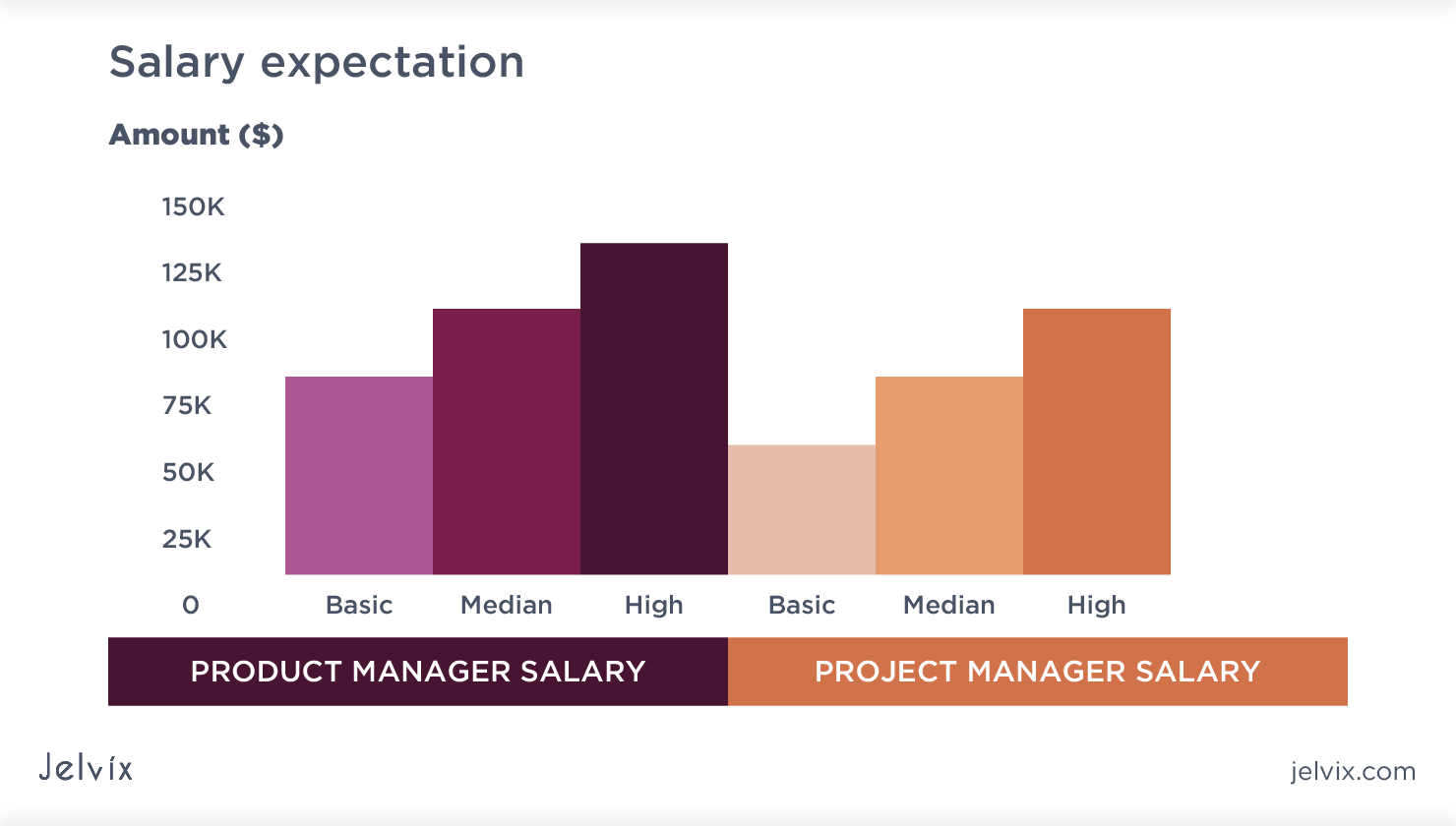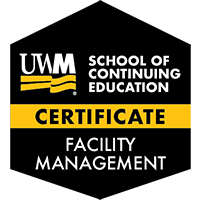
Obtaining a degree in project management can be a great way to jumpstart your career. It will give you the skills needed to be an asset to any organization. It will help you develop a sense of problem solving and coordination. These skills are required for many careers. These skills are required in some areas, such as financial services and healthcare.
Project management refers to the process of initiating, planning and executing work. It is used across many industries, including construction and technology. It can be used to implement a marketing strategy, or to build a project. It is used to perform a cost-benefit assessment of a project. It is a surprisingly complex subject to learn.
There are many courses that can help you master project managing. An introductory online course like those offered by EdX can help you learn more about the subject. A project management internship is another option. This allows you to get a real taste of the job. Talk to other project managers about what is the best route for you.

It's not as difficult as you might think. Although it's more complicated than writing a resume, the skills you acquire can help you jumpstart your career in any field. A project management course can help you learn the skills you need to make your ideas a reality.
Communication is the most important aspect of project management. Communication is key to reducing bottlenecks, eliminating errors and increasing achievement. It is important to work with your team in order to complete project management on time and within budget. Taking an introductory online course is a good way to get started, but you may want to consult with other project managers about which course would be best for you.
Project management courses usually include a variety of interesting and informative content. The best courses will also include a variety of hands-on activities, such as a threaded case study, as well as class discussions. Learn about the various tools and techniques involved in project management. For a deeper understanding of the field, it is worth reading about projects managed by other people.
The most important thing to remember about a project management course is that you're not going to learn it all in one semester. To complete a project management degree, it will take about one year. You'll need all the courses necessary to get your certificate. To find out if you are a good match for the job, you will also need to do an internship.

You will also receive coaching sessions and workshops to help you along the way. You'll learn how to communicate well with your team, and how to build a method based on Project Management Body of Knowledge. The most important part is to be able to identify what tools and techniques are most helpful to you.
FAQ
What are management concepts?
Management Concepts are the principles and practices managers use to manage people and resources. These topics include job descriptions, performance evaluations and training programs. They also cover human resource policies, job description, job descriptions, job descriptions, employee motivation, compensation systems, organizational structures, and many other topics.
What do we mean when we say "project management"?
We mean managing the activities involved in carrying out a project.
Our services include the definition of the scope, identifying requirements, preparing a budget, organizing project teams, scheduling work, monitoring progress and evaluating the results before closing the project.
Why is Six Sigma so popular?
Six Sigma is easy to implement and can produce significant results. Six Sigma provides a framework to measure improvements and allows companies to focus on the most important things.
What is TQM, exactly?
The industrial revolution saw the realization that prices alone were not sufficient to sustain manufacturing companies. This led to the birth of quality. They needed to improve the quality and efficiency of their products if they were to be competitive.
Management responded to the need to improve, and developed Total Quality Management (TQM). This focused on improving every aspect of an organization’s performance. It involved continuous improvement, employee participation, and customer satisfaction.
Statistics
- Hire the top business lawyers and save up to 60% on legal fees (upcounsel.com)
- UpCounsel accepts only the top 5 percent of lawyers on its site. (upcounsel.com)
- The average salary for financial advisors in 2021 is around $60,000 per year, with the top 10% of the profession making more than $111,000 per year. (wgu.edu)
- The profession is expected to grow 7% by 2028, a bit faster than the national average. (wgu.edu)
- The BLS says that financial services jobs like banking are expected to grow 4% by 2030, about as fast as the national average. (wgu.edu)
External Links
How To
How do you implement a Quality Management Plan (QMP)?
QMP, which was introduced by ISO 9001:2008, is a systematic approach to improving products, services, and processes through continuous improvement. It provides a systematic approach to improving processes, products and customer satisfaction by continuously measuring, analysing, controlling, controlling, and improving them.
QMP is a method that ensures good business performance. QMP is a standard method that improves the production process, service delivery, customer relationship, and overall business performance. QMPs must include all three elements - Products, Services, and Processes. If the QMP only covers one aspect, it's called a "Process QMP". The QMP that focuses on a Product/Service is called a "Product." QMP. If the QMP focuses on Customer Relationships, it's called a "Product" QMP.
Scope is the most important element in implementing a QMP. Strategy is the second. These elements can be defined as follows.
Scope: This defines what the QMP will cover and its duration. For example, if your organization wants to implement a QMP for six months, this scope will define the activities performed during the first six months.
Strategy: This describes the steps taken towards achieving the goals set forth in the scope.
A typical QMP comprises five phases: Planning and Design, Development, Construction, Implementation, Maintenance. Below is a description of each phase:
Planning: This stage determines the QMP goals and prioritizes them. To get to know the expectations and requirements, all stakeholders are consulted. After identifying the objectives, priorities and stakeholder involvement, it's time to develop the strategy for achieving the goals.
Design: In this stage, the design team designs the vision and mission, strategies, as well as the tactics that will be required to successfully implement the QMP. These strategies are implemented by the development of detailed plans and procedures.
Development: Here the development team works toward building the necessary resources and capabilities to support the successful implementation.
Implementation involves the actual implementation using the planned strategies.
Maintenance: The maintenance of the QMP is an ongoing task.
Additionally, the QMP should include additional items:
Stakeholder involvement is important for the QMP's success. They should be involved in planning, design, development and implementation of the QMP.
Project Initiation - A clear understanding of the problem statement, and the solution is necessary for any project to be initiated. This means that the initiator should know why they want something done and what they hope for from the end result.
Time Frame: This is a critical aspect of the QMP. For a short time, you can start with the simple version of the QMP. For a long-term commitment you may need more complicated versions.
Cost Estimation - Cost estimation is an important part of the QMP. You can't plan without knowing how much money it will cost. Therefore, cost estimation is essential before starting the QMP.
QMPs are more than just documents. They can also be updated as needed. It is constantly changing as the company changes. It should therefore be reviewed frequently to ensure that the organization's needs are met.